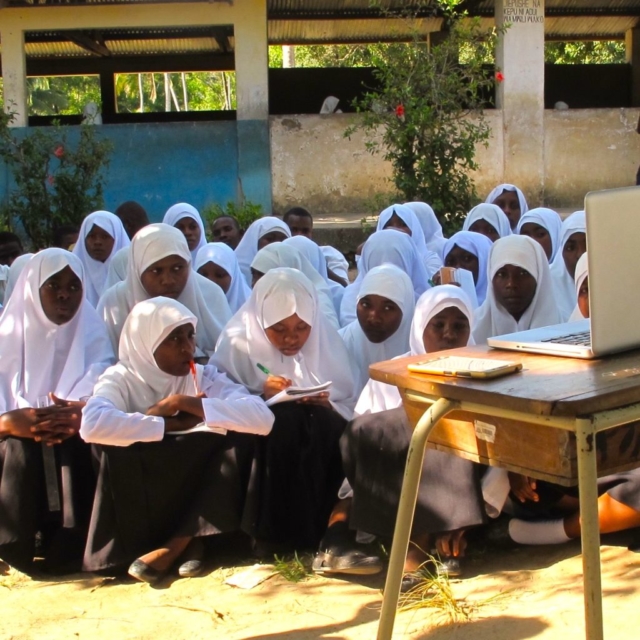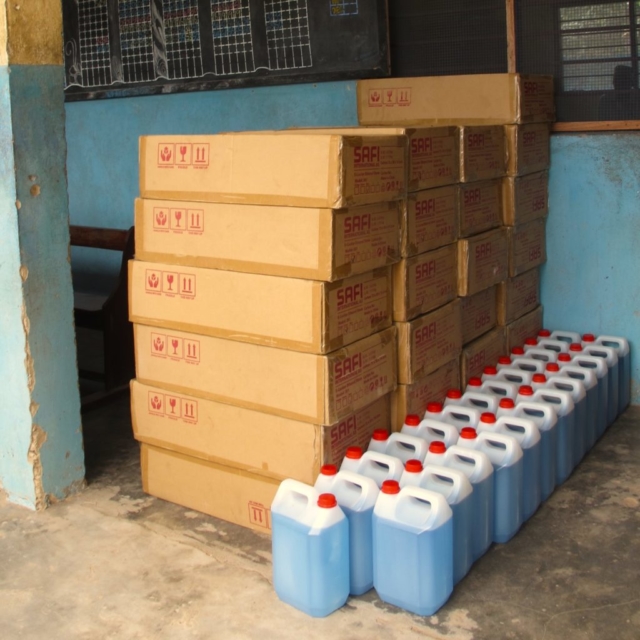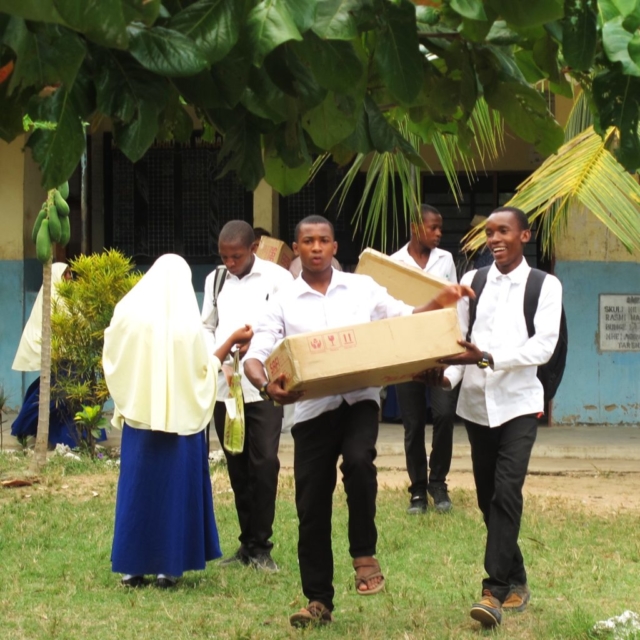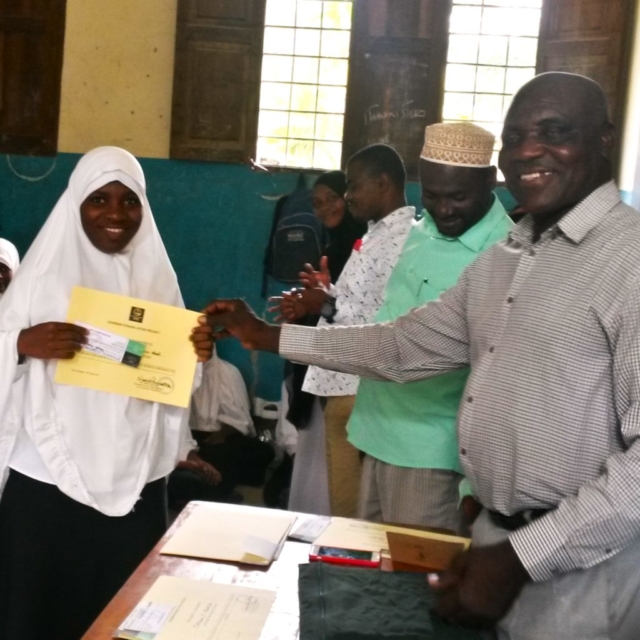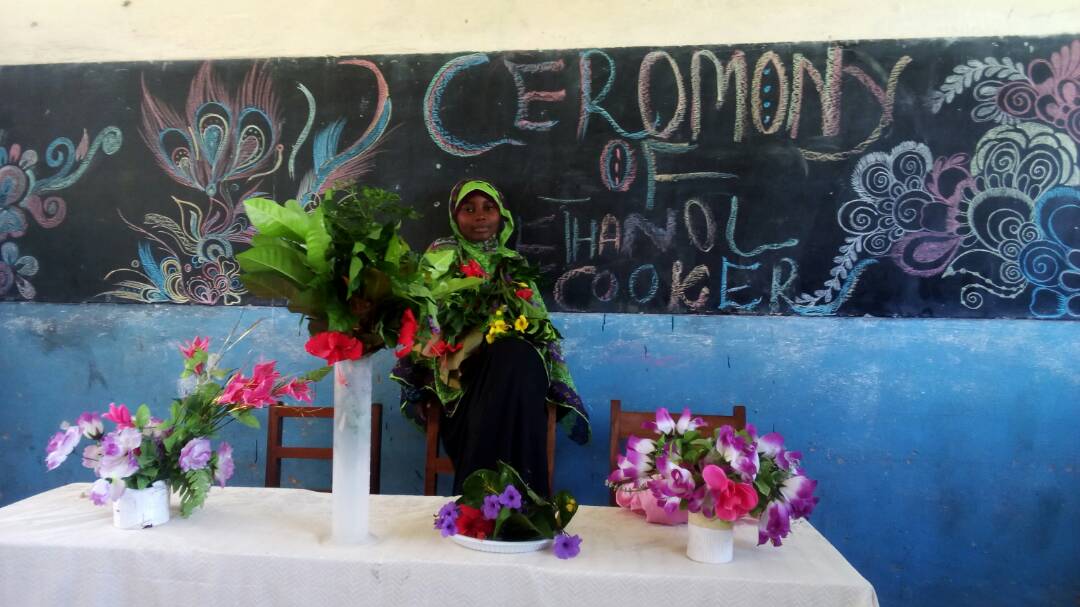
Zanzibar Ethanol Stoves Project (ZESP)
GOAL
To increase the well-being of the families surrounding the Mahonda and the Kitope Secondary Schools in Zanzibar by providing affordable green energy solutions and protect the surrounding environment from further degradation through the promotion of rectified spirits for household cooking
LOCATION
Zanzibar, Tanzania
DURATION-
2017
-
2018
FARMERS
400 students
VALUE CHAINS
Sugarcane Bioethanol
PARTNERS
Zanzibar Sugar Factory Ltd
FUNDING
In kind
Zanzibar Ethanol Stoves Project (ZESP)
The Zanzibar Ethanol Stoves Project (ZESP), conducted by EFF, unfolded as a pilot initiative to raise awareness amongst secondary school students in Zanzibar about crucial environmental issues and the use of rectified spirits (bioethanol from sugarcane) as an environmentally friendly alternative to traditional cooking methods.
Commencing as an educational endeavour on climate change, deforestation, environmental protection, and renewable energy, the project initially focused on the secondary school around the Mahonda Sugar Factory. This was expanded to include 150 students from the Kitope Secondary School in the second year. After providing students with an awareness session on nutrition, climate change, and environmental degradation and how rectified spirits is connected to sugarcane, an on-site demonstration was held of the ethanol stove and cooking with rectified spirits. As part of the hands-on learning approach, on rotation, each student received an ethanol stove to take home for a week. As competition, the students were tasked with recording their findings, making comparisons with traditional cooking methods, and producing a write-up or work of art expressing their knowledge on climate change and the environment.
An incredible 353 students out of the 401, submitted project write-ups of such quality that the judges had difficulties in selecting the winners. The best projects were acknowledged with an ethanol stove and one month's supply of denatured rectified spirits for cooking. Beyond the individual rewards, the pilot project significantly raised awareness among students regarding climate change and environmental degradation. This heightened awareness translated into increased adoption of ethanol fuel by households surrounding the participating schools, showcasing the project's success in promoting sustainable and eco-friendly practices in the community.

